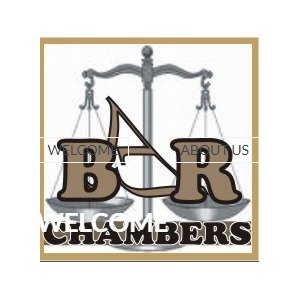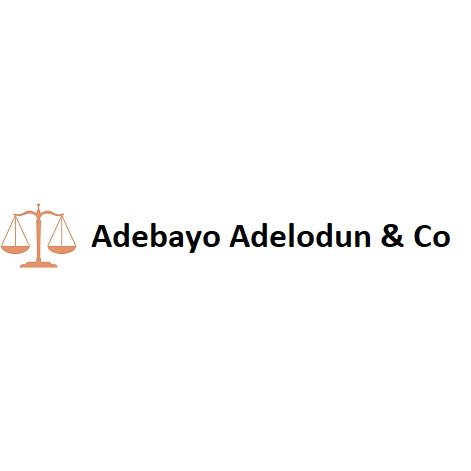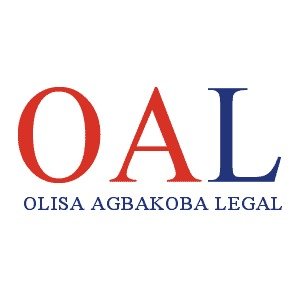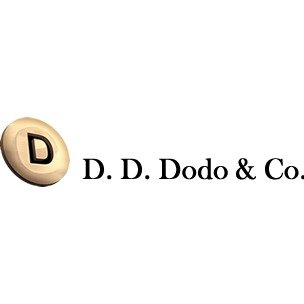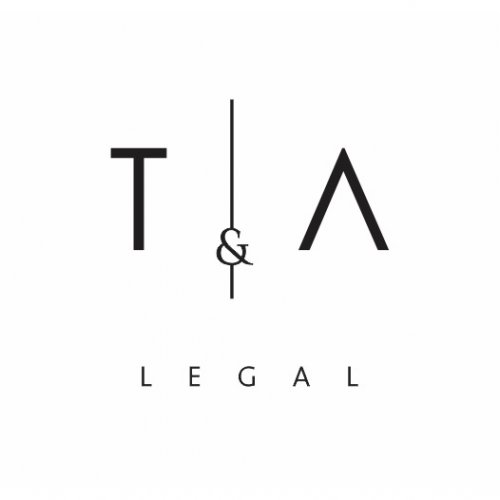Best Bankruptcy & Debt Lawyers in Abuja
Share your needs with us, get contacted by law firms.
Free. Takes 2 min.
List of the best lawyers in Abuja, Nigeria
About Bankruptcy & Debt Law in Abuja, Nigeria
Bankruptcy and debt issues in Abuja, Nigeria, primarily revolve around the legal mechanisms to address and resolve situations where individuals or businesses are unable to meet their debt obligations. The Nigerian Bankruptcy Act, as well as other related legislations such as the Companies and Allied Matters Act (CAMA), provide the framework for handling insolvency and debt restructuring. In Abuja, individuals and companies facing financial distress can utilize these laws to seek relief from insurmountable debt. Bankruptcy proceedings allow for an orderly distribution of a debtor's assets among creditors, while also offering a fresh start for overwhelmed debtors.
Why You May Need a Lawyer
There are several scenarios where engaging a lawyer experienced in bankruptcy and debt matters can be crucial:
- If you're unable to pay off your debts and are considering filing for bankruptcy protection, a lawyer can guide you through the process and help you understand your legal rights and obligations.
- Businesses facing insolvency may find it essential to reorganize or liquidate assets with legal oversight to ensure compliance with the law and protection of stakeholders' interests.
- When faced with aggressive creditor actions, such as harassment or illegal property seizure, legal counsel can provide protection and solutions.
- A lawyer can assist in negotiating debt settlements or restructuring terms with creditors to find a feasible repayment plan.
- Legal representation may also be necessary when challenging the legitimacy of certain debts or creditor claims in court.
Local Laws Overview
The regulatory landscape for bankruptcy and debt in Abuja, Nigeria, revolves around several key pieces of legislation:
- Bankruptcy Act: Governs how bankruptcies are declared and processed for individuals, outlining the rights and responsibilities of all parties involved.
- Companies and Allied Matters Act (CAMA): This legislation addresses corporate insolvency, providing the legal framework for business reorganization and asset liquidation.
- Debt Management Office Act: Establishes frameworks for managing the national debt, influencing corporate and personal debt resolution.
- Debt Recovery Tribunal Rules: These rules serve to expedite the recovery of debts through legal channels, ensuring fair processing and enforcement of court orders involving debt issues.
Frequently Asked Questions
What is the difference between bankruptcy and insolvency?
Bankruptcy is the legal status of a person or entity that cannot repay debts to creditors, often followed by legal proceedings. Insolvency is a financial state where liabilities exceed assets, which may or may not lead to bankruptcy.
Can individuals file for bankruptcy in Nigeria?
Yes, individuals can apply for bankruptcy under the Nigerian Bankruptcy Act, provided they meet the legal criteria of being unable to pay their debts.
How does corporate bankruptcy differ in Nigeria?
Corporate bankruptcy is governed by the Companies and Allied Matters Act (CAMA). It involves a structured process for handling insolvency, aimed at either reorganization or asset liquidation to satisfy creditors’ claims.
What is a debt settlement?
A debt settlement is an agreement wherein a debtor pays a portion of the balance, and the creditor agrees to forgive the remaining debt, often facilitated through legal negotiation.
Can a creditor take my assets without a court order?
No, creditors cannot seize personal assets without a court order. Proper legal procedures, involving court rulings, need to be observed for asset seizure in Nigeria.
How long does bankruptcy take to resolve?
The duration of bankruptcy proceedings varies based on the complexity and specifics of the case, typically ranging from several months to a few years.
What impact does bankruptcy have on my credit rating?
Filing for bankruptcy can significantly affect your credit rating in Nigeria, making it difficult to obtain credit or finance for some time thereafter.
Can I stop creditor harassment by filing for bankruptcy?
Yes, once you file for bankruptcy, an automatic stay is typically put in place, preventing acts of aggression or harassment from creditors.
Is there any government assistance for managing personal debt?
Nigeria doesn't provide specific government assistance programs for personal debt management, but individuals can work with legal professionals to explore viable relief options.
Do I need a lawyer to negotiate debt settlement?
While it is not legally required to have a lawyer, professional legal assistance can be invaluable in negotiating favorable terms and ensuring the settlement is legally sound and binding.
Additional Resources
For those seeking further assistance or information, consider reaching out to:
- Debt Management Office (DMO): Provides insights into national debt policies and interacts with policies that can influence individual debt issues.
- Nigerian Bar Association: Offers a directory of qualified lawyers and legal advisors specializing in bankruptcy and debt law.
- Ministry of Justice, Abuja: Provides legal resources and guidelines related to debt and bankruptcy issues in the region.
Next Steps
If you find yourself facing overwhelming debt or considering bankruptcy in Abuja, it's critical to seek professional legal advice. Begin by consulting with a lawyer who specializes in bankruptcy and debt law to evaluate your situation and discuss the best course of action. Prepare a comprehensive list of all your debts, assets, and financial records prior to the meeting to facilitate a precise assessment of your legal options. Taking these steps can help you navigate the complex landscape of bankruptcy and debt relief strategically and effectively.
Lawzana helps you find the best lawyers and law firms in Abuja through a curated and pre-screened list of qualified legal professionals. Our platform offers rankings and detailed profiles of attorneys and law firms, allowing you to compare based on practice areas, including Bankruptcy & Debt, experience, and client feedback.
Each profile includes a description of the firm's areas of practice, client reviews, team members and partners, year of establishment, spoken languages, office locations, contact information, social media presence, and any published articles or resources. Most firms on our platform speak English and are experienced in both local and international legal matters.
Get a quote from top-rated law firms in Abuja, Nigeria — quickly, securely, and without unnecessary hassle.
Disclaimer:
The information provided on this page is for general informational purposes only and does not constitute legal advice. While we strive to ensure the accuracy and relevance of the content, legal information may change over time, and interpretations of the law can vary. You should always consult with a qualified legal professional for advice specific to your situation.
We disclaim all liability for actions taken or not taken based on the content of this page. If you believe any information is incorrect or outdated, please contact us, and we will review and update it where appropriate.
Browse bankruptcy & debt law firms by service in Abuja, Nigeria
Abuja, Nigeria Attorneys in related practice areas.




